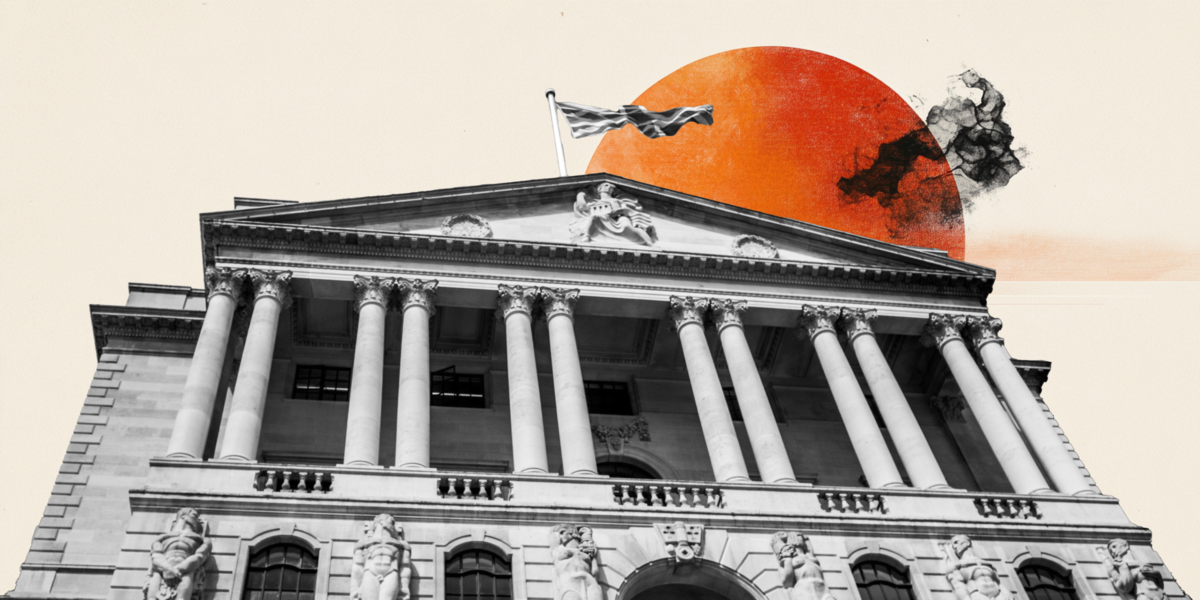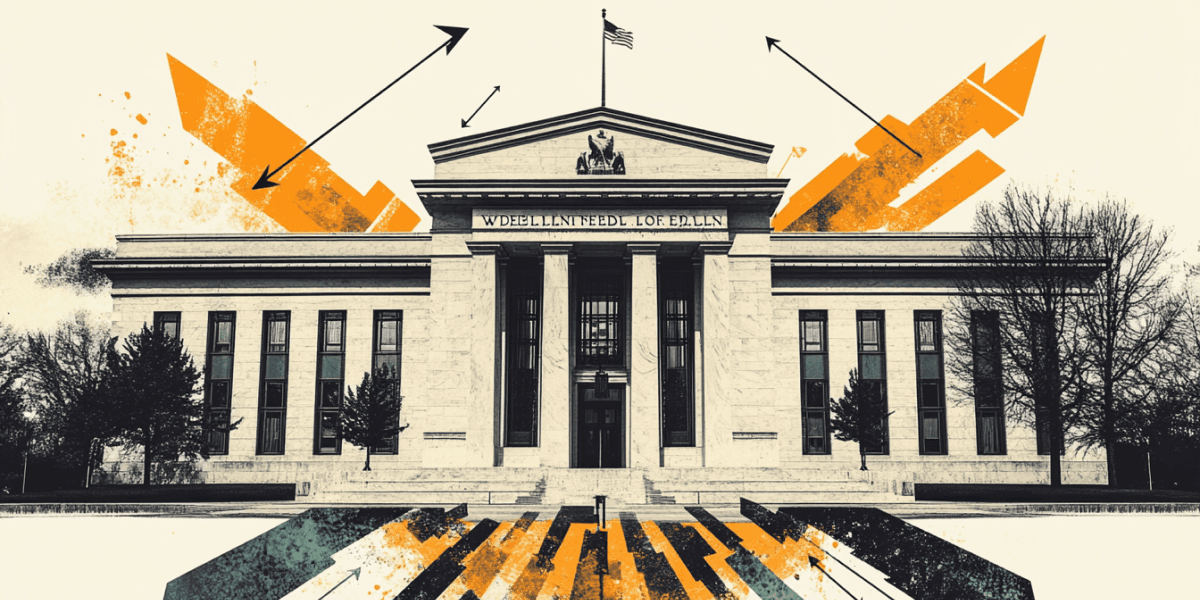BoE's Dhingra: We are already at high level of monetary policy restrictiveness

Bank of England Monetary Policy Committee (MPC) external member Swati Dhingra said late Monday that the monetary policy restrictiveness is at a "high level" already.
Key quotes
We are already at high level of monetary policy restrictiveness.
Medium-term inflation pressures are easing.
Food prices are taking up, but not seeing the same rise in import costs as before.
UK consumption is unusually weak in Europe given high savings rate.
I think a lot of UK weakness is due.
Consumption spending is not a driver of growth in Britain, unlike US or Eurozone.
Levels of capacity utilization in the UK point to weak demand rather than supply problems.
Everyone on MPC has a different definition of the pace of rate cuts implied by gradual.
My definition of gradual rate cuts does not mean 25 basis points per quarter.
When I look at wage data, I'm not sure what to take from it due to lack of converge of the self-employed and small businesses.
If you can cut rate by 25 basis points at a quarterly pace, you'll still be in restrictive territory all this year.
Market reaction
At the time of writing, the GBP/USD is trading 0.03% lower on the day to trade at 1.2620.
BoE FAQs
The Bank of England (BoE) decides monetary policy for the United Kingdom. Its primary goal is to achieve ‘price stability’, or a steady inflation rate of 2%. Its tool for achieving this is via the adjustment of base lending rates. The BoE sets the rate at which it lends to commercial banks and banks lend to each other, determining the level of interest rates in the economy overall. This also impacts the value of the Pound Sterling (GBP).
When inflation is above the Bank of England’s target it responds by raising interest rates, making it more expensive for people and businesses to access credit. This is positive for the Pound Sterling because higher interest rates make the UK a more attractive place for global investors to park their money. When inflation falls below target, it is a sign economic growth is slowing, and the BoE will consider lowering interest rates to cheapen credit in the hope businesses will borrow to invest in growth-generating projects – a negative for the Pound Sterling.
In extreme situations, the Bank of England can enact a policy called Quantitative Easing (QE). QE is the process by which the BoE substantially increases the flow of credit in a stuck financial system. QE is a last resort policy when lowering interest rates will not achieve the necessary result. The process of QE involves the BoE printing money to buy assets – usually government or AAA-rated corporate bonds – from banks and other financial institutions. QE usually results in a weaker Pound Sterling.
Quantitative tightening (QT) is the reverse of QE, enacted when the economy is strengthening and inflation starts rising. Whilst in QE the Bank of England (BoE) purchases government and corporate bonds from financial institutions to encourage them to lend; in QT, the BoE stops buying more bonds, and stops reinvesting the principal maturing on the bonds it already holds. It is usually positive for the Pound Sterling.
Author

Lallalit Srijandorn
FXStreet
Lallalit Srijandorn is a Parisian at heart. She has lived in France since 2019 and now becomes a digital entrepreneur based in Paris and Bangkok.
















